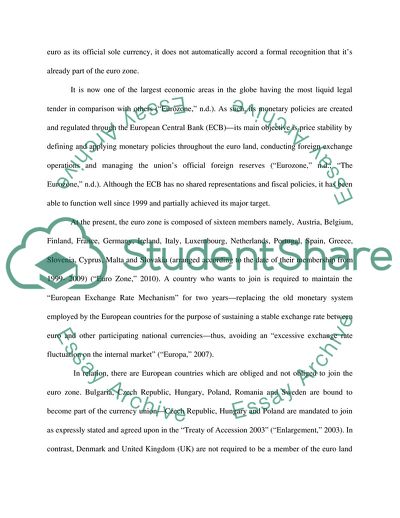Cite this document
(The United Kingdom Joining the Euro Zone Essay Example | Topics and Well Written Essays - 1750 words, n.d.)
The United Kingdom Joining the Euro Zone Essay Example | Topics and Well Written Essays - 1750 words. https://studentshare.org/finance-accounting/1736731-evgenia-vasilopoulou
The United Kingdom Joining the Euro Zone Essay Example | Topics and Well Written Essays - 1750 words. https://studentshare.org/finance-accounting/1736731-evgenia-vasilopoulou
(The United Kingdom Joining the Euro Zone Essay Example | Topics and Well Written Essays - 1750 Words)
The United Kingdom Joining the Euro Zone Essay Example | Topics and Well Written Essays - 1750 Words. https://studentshare.org/finance-accounting/1736731-evgenia-vasilopoulou.
The United Kingdom Joining the Euro Zone Essay Example | Topics and Well Written Essays - 1750 Words. https://studentshare.org/finance-accounting/1736731-evgenia-vasilopoulou.
“The United Kingdom Joining the Euro Zone Essay Example | Topics and Well Written Essays - 1750 Words”. https://studentshare.org/finance-accounting/1736731-evgenia-vasilopoulou.


